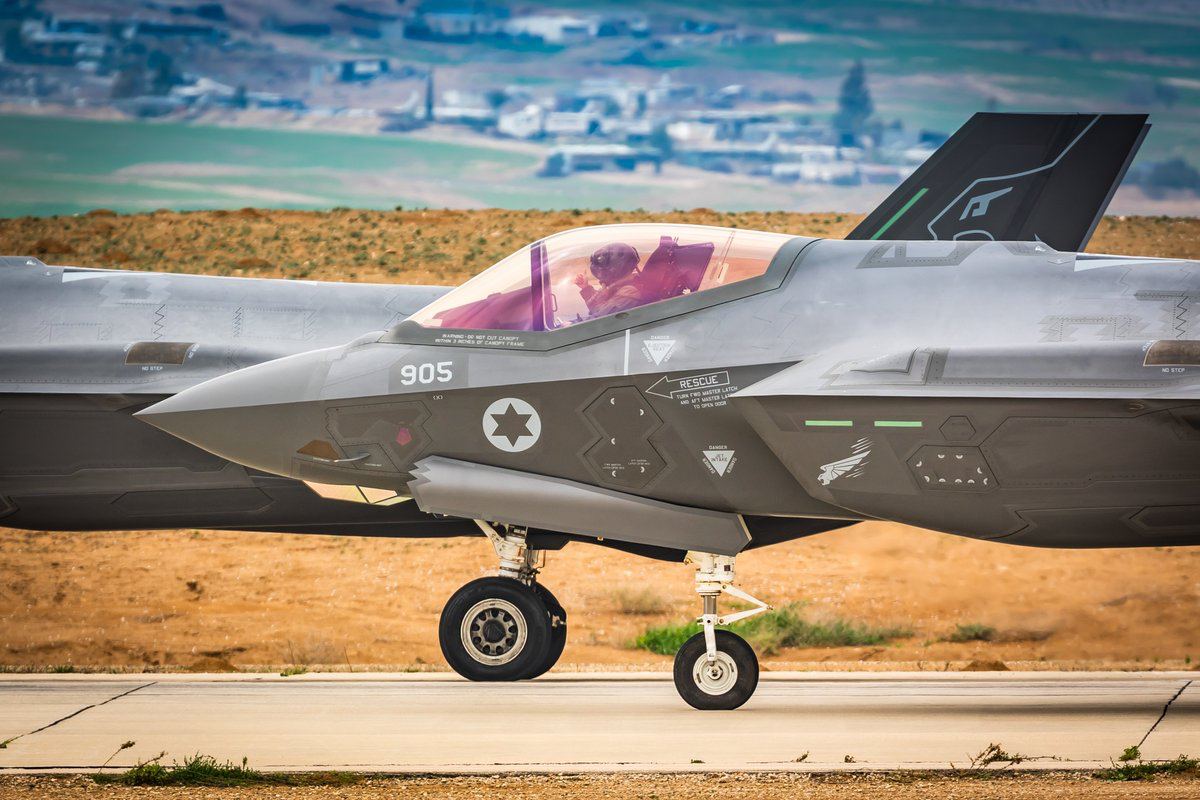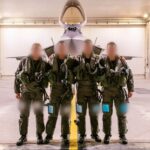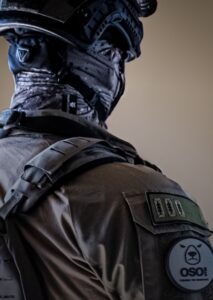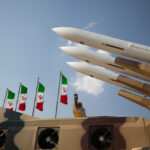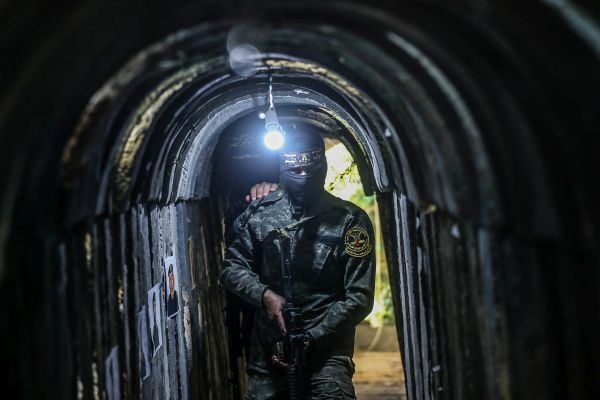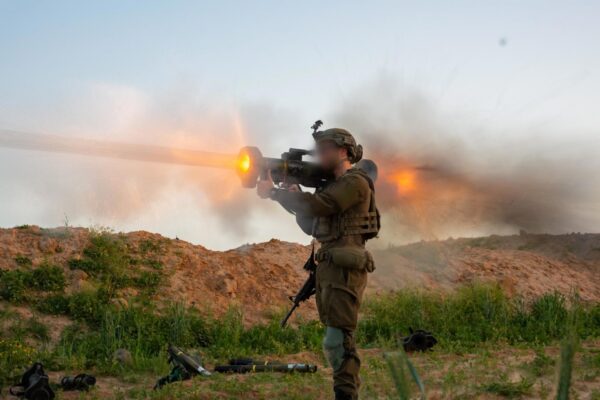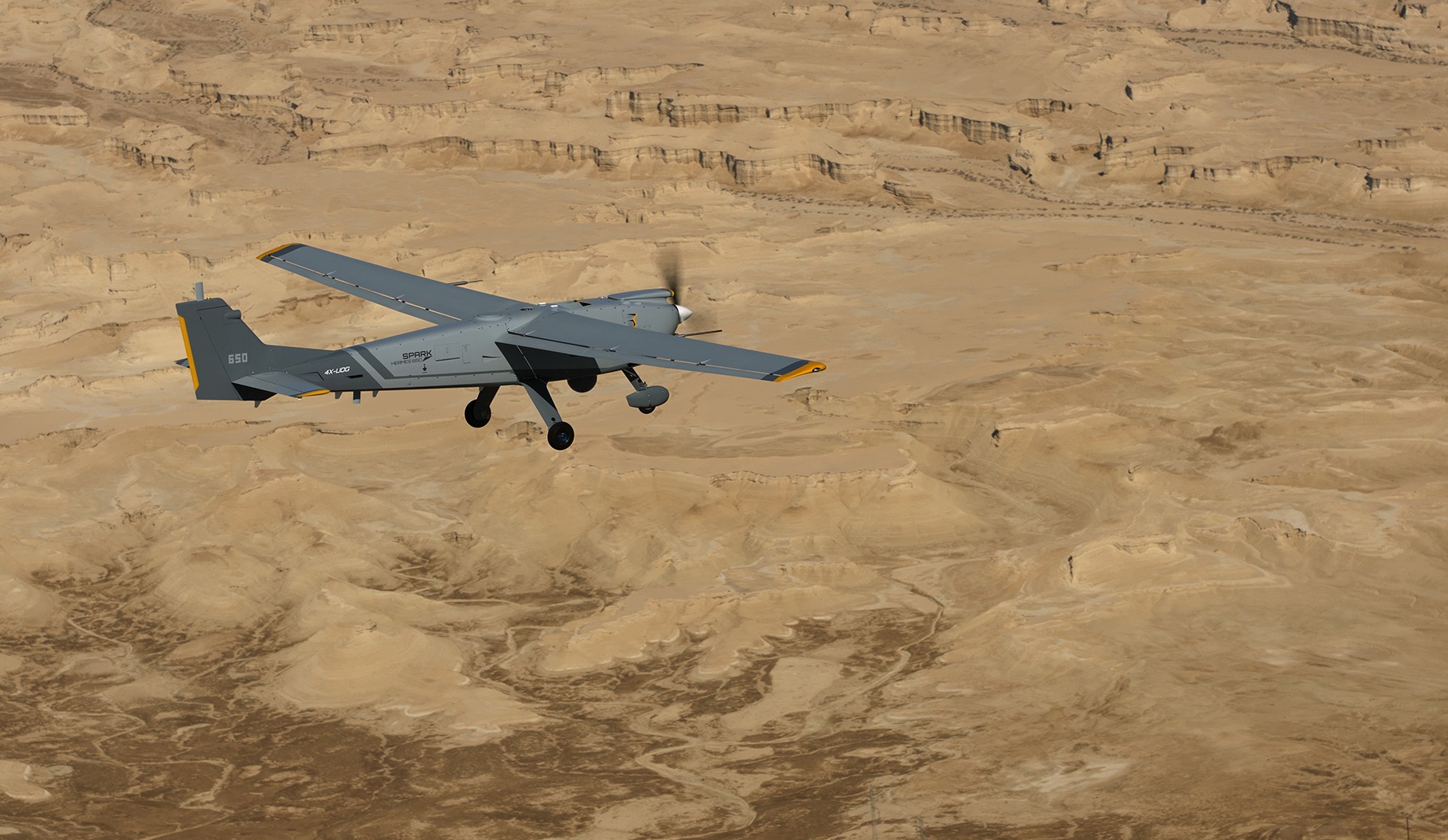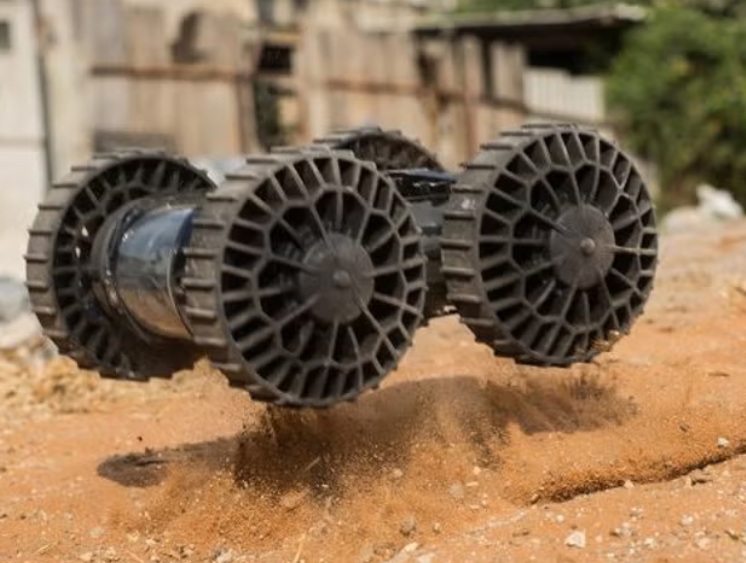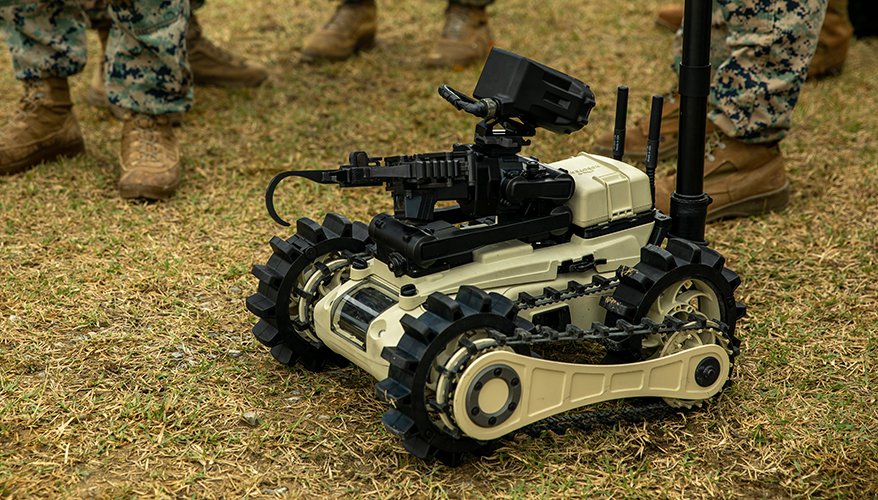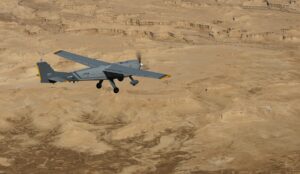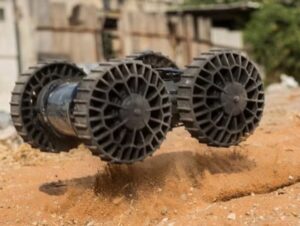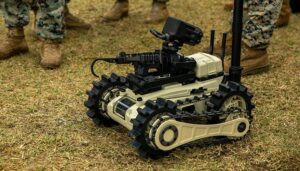Israel is the only country outside the U.S. allowed to modify and maintain its F-35s independently.
By Hezy Laing
Though manufactured by Lockheed Martin in the Fort Worth,Texas, Israel’s F-35I “Adir” fighter jets have emerged as one of the most formidable variants of the fifth-generation aircraft, surpassing even their American counterparts in operational flexibility and battlefield effectiveness.
This distinction stems from Israel’s unique ability to customize its fleet with indigenous technology, combat-tested weaponry, and independent upgrade protocols.
Israel is the only country outside the U.S. allowed to modify and maintain its F-35s independently, and it was also the first nation to use the F-35 in combat, according to a 2018 statement by then-IAF commander Maj. Gen. Amikam Norkin.
Unlike the standard U.S. F-35A, Israel’s Adir jets are equipped with proprietary electronic warfare systems and can carry locally developed munitions such as the SPICE glide bomb and Python-5 missile.
These enhancements allow Israeli pilots to operate with greater autonomy and precision in hostile environments.
“The F-35I is not just a fighter jet—it’s a strategic asset tailored to Israel’s defense doctrine,” said Brig. Gen. (res.) Eyal Grinstein, a former IAF systems engineer.
One of the most significant advantages is Israel’s right to independently maintain and upgrade its F-35s, bypassing the centralized U.S. logistics system.
This flexibility enables faster deployment and mission-specific adaptations.
“Israel negotiated a level of control over its F-35s that no other country has,” noted defense analyst Tal Inbar.
“That autonomy translates directly into battlefield superiority.”
Combat readiness is another area where the Adir excels.
While the U.S. Air Force struggles with mission-capable rates hovering around 60%, Israel maintains nearly 90% readiness across its fleet.
This is attributed to streamlined maintenance protocols and fewer bureaucratic constraints.
“The Adir’s performance in real-world operations has validated its design philosophy,” said Dr. Uzi Rubin, a missile defense expert and former director of Israel’s Arrow program.
Israel purchased its first F-35 fighter jets in 2010, signing an agreement with the United States to acquire 33 aircraft as part of its initial procurement.
The first F-35I “Adir” jets were delivered in December 2016 and became operational with the Israeli Air Force by December 2017.
As of 2024, Israel has received 39 of the original 50 F-35s it ordered.
In June 2024, Israel signed a new $3 billion deal to purchase 25 additional F-35s, which will be delivered in batches starting in 2028.
This will eventually bring the total fleet to 75 aircraft.
With successful missions over Syria and Lebanon, the F-35I has proven its worth in contested airspace.
As regional threats evolve, Israel’s customized approach to the F-35 platform ensures it remains not just a deterrent, but a decisive force in modern warfare.
The F-35 is considered one of the most advanced and versatile fighter jets in the world, earning its reputation as a game-changer in modern aerial warfare.
What makes it so special is its combination of stealth, sensor fusion, multirole capability, and global interoperability—a blend that no other aircraft currently matches.
As of late 2025, over 1,000 F-35 fighter jets have been delivered globally, with more than 3,100 units on order across multiple countries.


